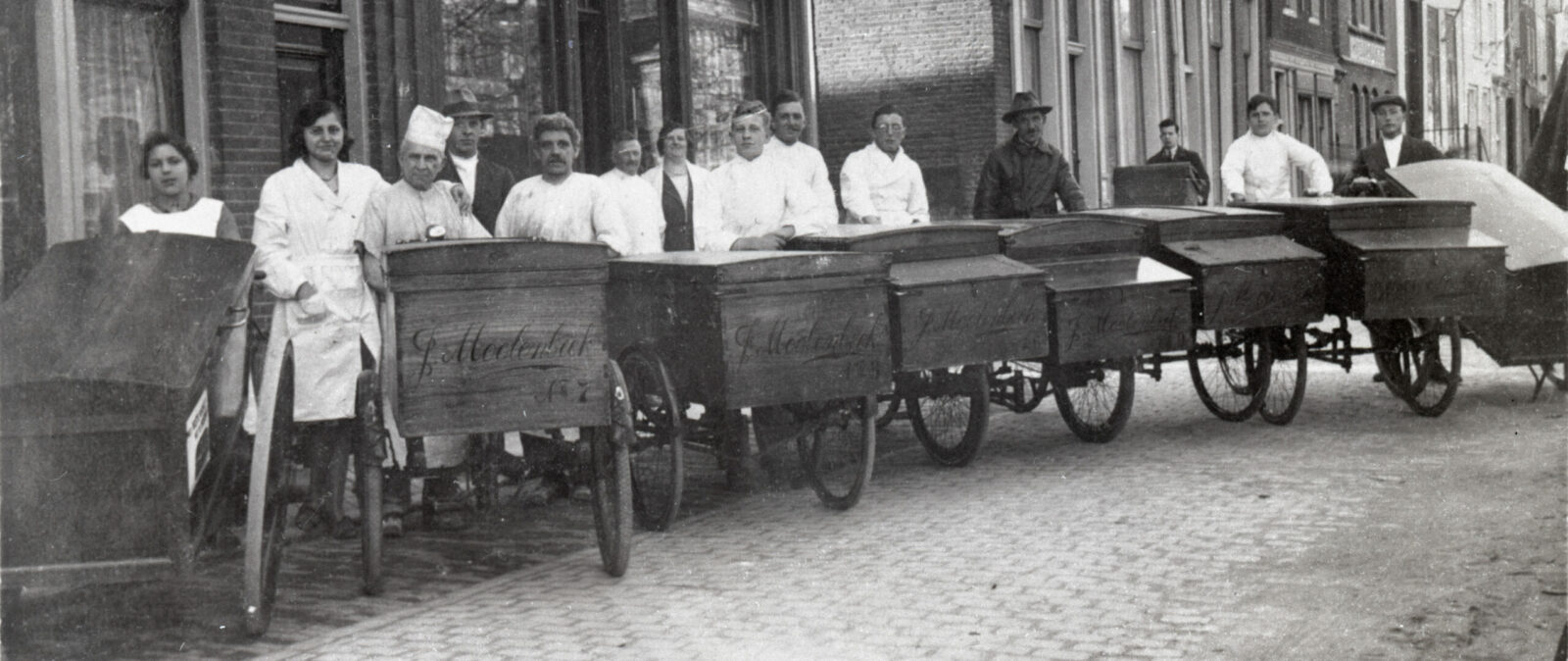Posthumus Summer School
< back to overview Research Master courses
Annually, the N.W. Posthumus Institute organizes a summer school for RMA students on a specific and relevant theme in social and economic history. Examples of such themes are: disasters, migration, female labour, the welfare state, or slavery.
Key info
Coordinator – tba
Period – First week of July
Credits – 2 or 3 EC
Language – English
Location – tba
Min. 5 participants
Description
The summer school is a one-week event that familiarises students with recent research on the theme. They gain insight in the central academic debates on the topic, discover the main methods and source types employed, and acquire the skills to use them in their research. In other words, the summer school allows students to acquire the knowledge and skills to develop their own research ideas on the theme and select and use the methods and sources to carry out the research. More detailed information on the theme of the upcoming summer school is published on the Posthumus website at the latest in January of each year. In principle, the summer school takes place in the first week of July.
Structure
Seminars are scheduled in the mornings and include discussions of the literature, explorations of primary sources, lectures by guest speakers and an excursion. Students are expected to attend all seminars and prepare for them via readings and assignments. They develop a research idea related to the course topic and present this idea in the form of a poster presentation on the last day. For the 3 EC option, students additionally conduct a pilot study assessing the research potential of a body of sources and submit a 3,000 word report within three months after the summer school. If there are free places, the summer school is also open to PhD students.
Time investment for the 2 EC option is c. 56 hours (16 hours preparation in advance, 40 hours during the summer school). Additional time investment for the 3 EC option is c. 28 hours for the pilot study and the report.
Course objectives
At the end of the summer school the students:
- Have a thorough insight in the central debates, theories and concepts related to the theme of the summer school
- Have developed a research idea contributing to these debates and applying appropriate theories and concepts
- Are able to select and use suitable methods and sources to carry out this research
- in the 3 EC option: Are able to a detailed and systematic assessment of the research potential of a body of sources related to the theme of the summer school
How to apply
Deadline for applications is 1 June of each year. You can apply via the Application Form.
Questions and info
If you want more information on (one of) the courses, or if you have questions regarding the application procedure, please contact the Office Manager of the Posthumus Institute.


